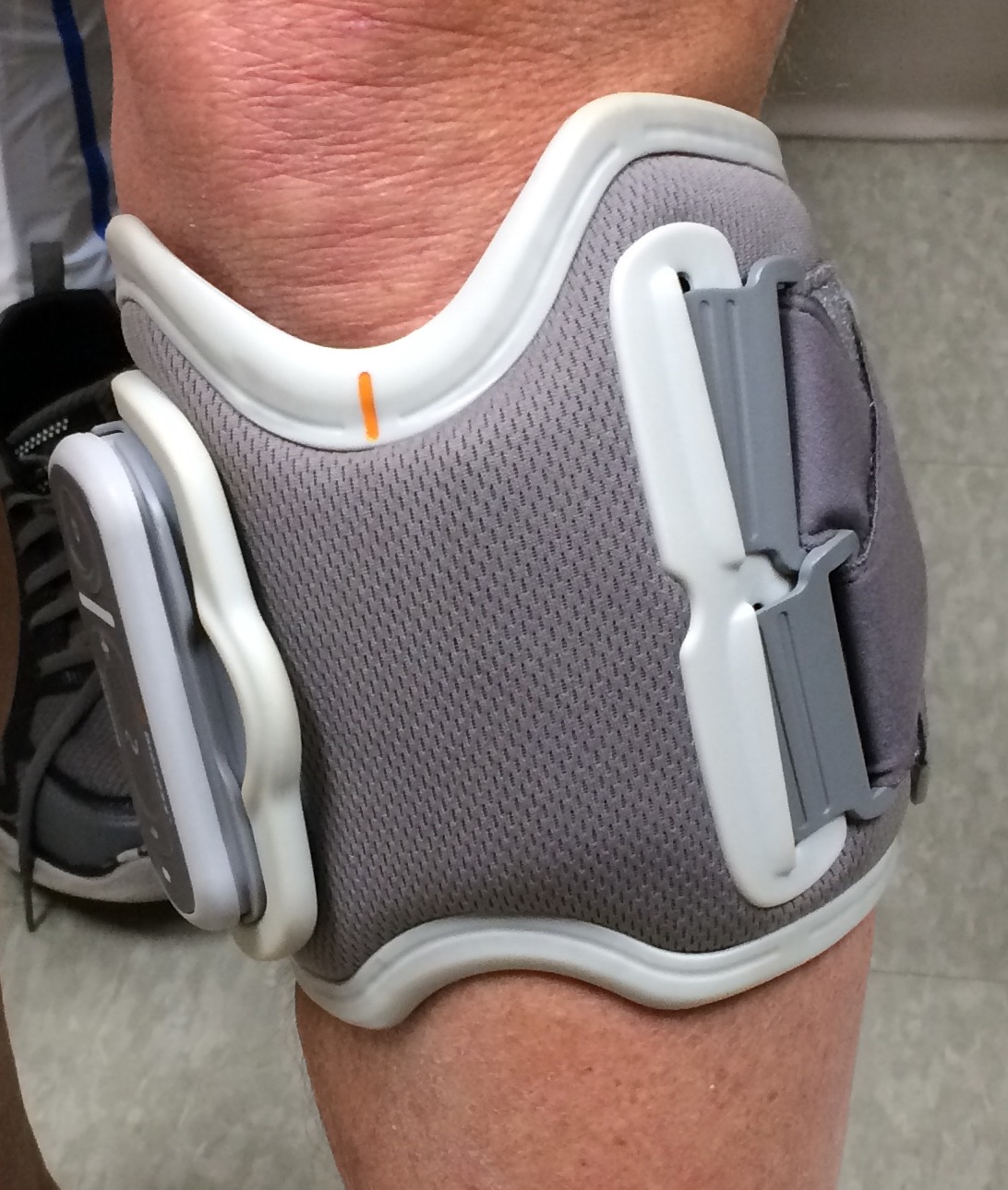People with MS who are using cannabis take heed.
A research letter published in May in JAMA Network Open reports that calls to poison control centers about people using cannabis products have been increasing over the past several years. Public health officials are concerned.
According to the letter, written by various health experts in the U.S., one problem is that a growing number of retail sales involve manufactured cannabis products rather than natural ones. These synthetic products may contain higher levels of THC than natural plant-based cannabis. THC is the substance in the plant that alters a person’s mental state, creating the “high” associated with marijuana. According to the experts, that extra THC could result in increased negative short-term effects, such as impaired cognition and psychomotor skills.
These negative effects may not be limited to synthetic cannabis. A recent Canadian study of long-term cannabis users who live with MS reports that users who stopped using the drug for 28 days improved their depression and cognitive skills, inferring that their cannabis use increased depression and reduced cognition.
A small survey of 1,217 people with MS in the U.S., conducted last year by University of Michigan researchers, showed 386 (about 32%) used cannabis either strictly for medical purposes, such as nerve pain or to help them sleep, or for both medical and recreational purposes. Personally, I think this percentage is low. Take a tour of MS-related Facebook groups and you’ll find many people who report cannabis is the only thing that helps their pain, spasticity, and ability to sleep. It doesn’t appear to be a small number.
Who’s advising these patients?
Many of the people using cannabis for MS may be doing so with little or no guidance from healthcare providers. The University of Michigan researchers reported that only 18% of survey takers said they’ve spoken with their physicians about using cannabis, and fewer than 1% have received guidance from doctors about how to use it.
“Reasons for the disconnect between respondent use and provider guidance in our sample requires further study, but reinforces a longstanding concern that research focused on the use of cannabinoids for MS symptoms has not caught up with consumer use of these products,” lead author Tiffany Braley, MD, MS, told the University of Michigan Health Lab’s Haley Otman.
Braley said one problem is that doctors don’t have enough clinical evidence upon which to base such recommendations.
Healthcare “provider guidance for patients must be informed by research focused on the benefits and harms of both CBD and THC, and potential mechanisms that underlie the effects of cannabinoids on MS symptoms,” Braley said.
I’m lucky. My neurologist believes that medical marijuana can be a useful MS treatment, and I think she’d be willing to prescribe it for me if I wanted to use it. I know that my primary care physician would. But there’s a problem: Cannabis can be expensive, and it isn’t covered by insurance. It’s also still not legal in many states.
Let’s teach our doctors about cannabis for MS
Let’s get our doctors the information they need so they all feel comfortable prescribing cannabis for MS. Let’s educate users about the potential dangers of synthetic cannabis and the possible downside of even the natural stuff. Let’s work to get insurers to pay for it, as they do for traditional medications. And let’s get all 50 states to legalize medical cannabis.
Piece of cake, right?
(Featured image by chuck herrera from Pixabay.)
This post first appeared as my column on the MS News Today website.)



